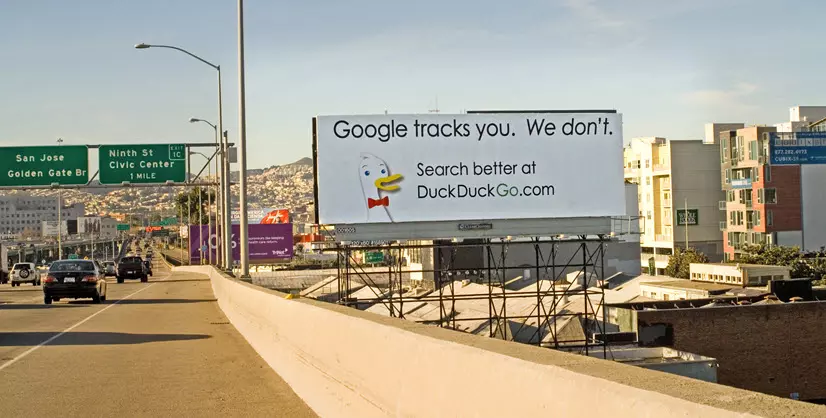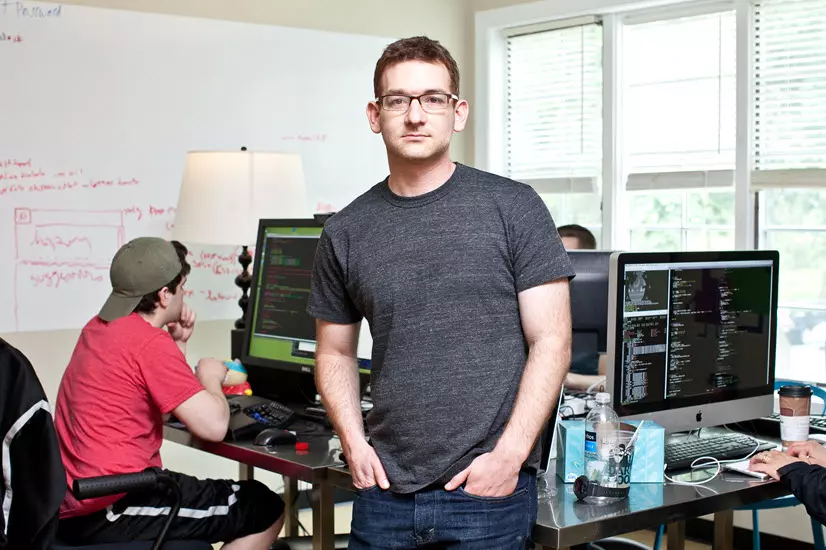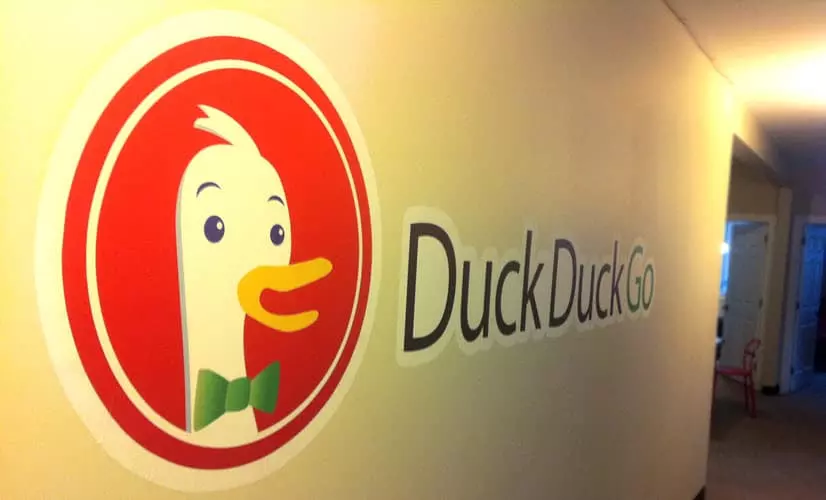Gabriel Weinberg is the founder and CEO of DuckDuckGo, a popular and highly polished search engine that respects your privacy. Gabriel was recently kind enough to grant me an interview in which we discussed the state of online privacy.
DuckDuckGo has made its reputation on the fact that it is a search engine that respects users’ privacy. Is it fair to assume, therefore, that privacy matters to you? And why?
Yes, I believe that in modern society, privacy should be a fundamental right, alongside others like freedom of speech and press.
What do you consider to be the main threats to privacy for ordinary internet users at this moment?
Digital technology is obviously making its way into more parts of our lives, and our data is quickly becoming more and more valuable, both to us and to others. The main threat is that there are currently well-defined legal limits to online tracking, and without them, companies and governments become increasingly intrusive to get access to this valuable personal data. We already put legal limits on financial, medical, military, transportation, telecommunications and agriculture technology. Why not online tracking?

We already put legal limits on financial, medical, military, transportation, telecommunications and agriculture technology. Why not online tracking?
Politicians these days are very keen on talking about a privacy/security trade-off, and the need to find the right “balance” between these priorities. Personally, I consider this to be a false dichotomy promoted for political ends. What are your thoughts on the matter?
Yes, I believe that is a false dichotomy. Another way to define the debate is strong vs weak encryption. Strong encryption is the primary thing protecting our sensitive information like banking, medical, and even government records. Weak encryption, by contrast, enables these massive data breaches we keep hearing about. I believe if you weaken encryption, you weaken security in the process.
“The UK has just legalized the most extreme surveillance in the history of western democracy” (to quote Edward Snowden). Do you think this is the direction the world, in general, is heading?
No, I do not think mass surveillance is inevitable. I think we can decide to put reasonable limits on online tracking and make privacy a fundamental right. These decisions are happening country by country, however, and are dependent on the interest of the citizenry in question. Snowden presciently realized this need for public debate and engendered it. Now we need to continue it. In my experience when people fully understand the issues, a large percentage of people want to defend their privacy rights.
I think we agree that, with the current highly unpredictable political situation in the US, who knows what the future will bring? But if you were to gaze into the crystal ball, would you be willing to share any speculations?
Like in the UK, I believe in any democracy, political situations eventually follow the will of the citizenry, if it is strong enough. In the US, increasing percentages of people are concerned with online tracking, and I believe this will eventually result in regulation putting limits on it. I’m not sure about a timeline, however.

No, I do not think mass surveillance is inevitable. I think we can decide to put reasonable limits on online tracking and make privacy a fundamental right
There is a lot of bad news these days when it comes to online privacy and security, but do you also see any positive trends?
Yes, over the past few years since the Snowden revelations, increasing numbers of people have become more educated on online privacy and security issues, and have started having real concerns and are taking real actions as a result. In a PEW study, for example, 40% of Americans said they would like their search provider not to track their search activity.
You disagreed with a recent article of mine, in which I said that being a US company is bad for privacy. Would you like to explain why I am wrong?
Yes . DuckDuckGo doesn’t collect or share any personal information. That’s our privacy policy in a nutshell. US privacy actions – like NSLs – are designed to extract existing business records. In our case, we have none to share because we do not collect or share personal information, and so these actions and related laws do not apply to us. The belief that the US government can force any US company to do anything is just false, as evidenced in the recent Apple vs FBI case.
More generally, as you point out above, the UK and many other countries arguably have just as bad privacy laws and other legal precedents as the US when applied to a particular case. Any particular case really depends on the specific situation and detailed parameters involved, often referred to more generally as a threat assessment. In these assessments, as stated above, DuckDuckGo is in a different class than other companies because we simply do not collect or share personal information. That is, something like email, where there are existing business records, is very different than search, where we do not have any personal information to share.
What does the future hold for DuckDuckGo? Do you have any plans in the pipeline that you would like to share?
We’re coming up on being around for a decade! Most broadly, we want to continue to make progress on our vision of raising the standard of trust online and on our current mission of being the world’s most trusted search engine. In that context, we would like to, over time, help you more to protect your privacy online, though right now I don’t have any particular announcements.

DuckDuckGo is in a different class than other companies because we simply do not collect or share personal information
What are your top privacy tips for our readers?
There are indeed a few solutions that grant you partial relief from the pains of online tracking. First, switch your search engine, email and other major services where your personal information is heavily tracked to good private alternatives, like DuckDuckGo for search. Second, add EFF’s HTTPS Everywhere plugin to your browser, which will encrypt web site connections where possible. Third, add EFF’s Privacy Badger plugin to your browser, which blocks third-party trackers. These three simple changes will seamlessly and significantly reduce your digital footprint.
So what is it with ducks?
Like most people on the internet, I like cute and friendly things!
